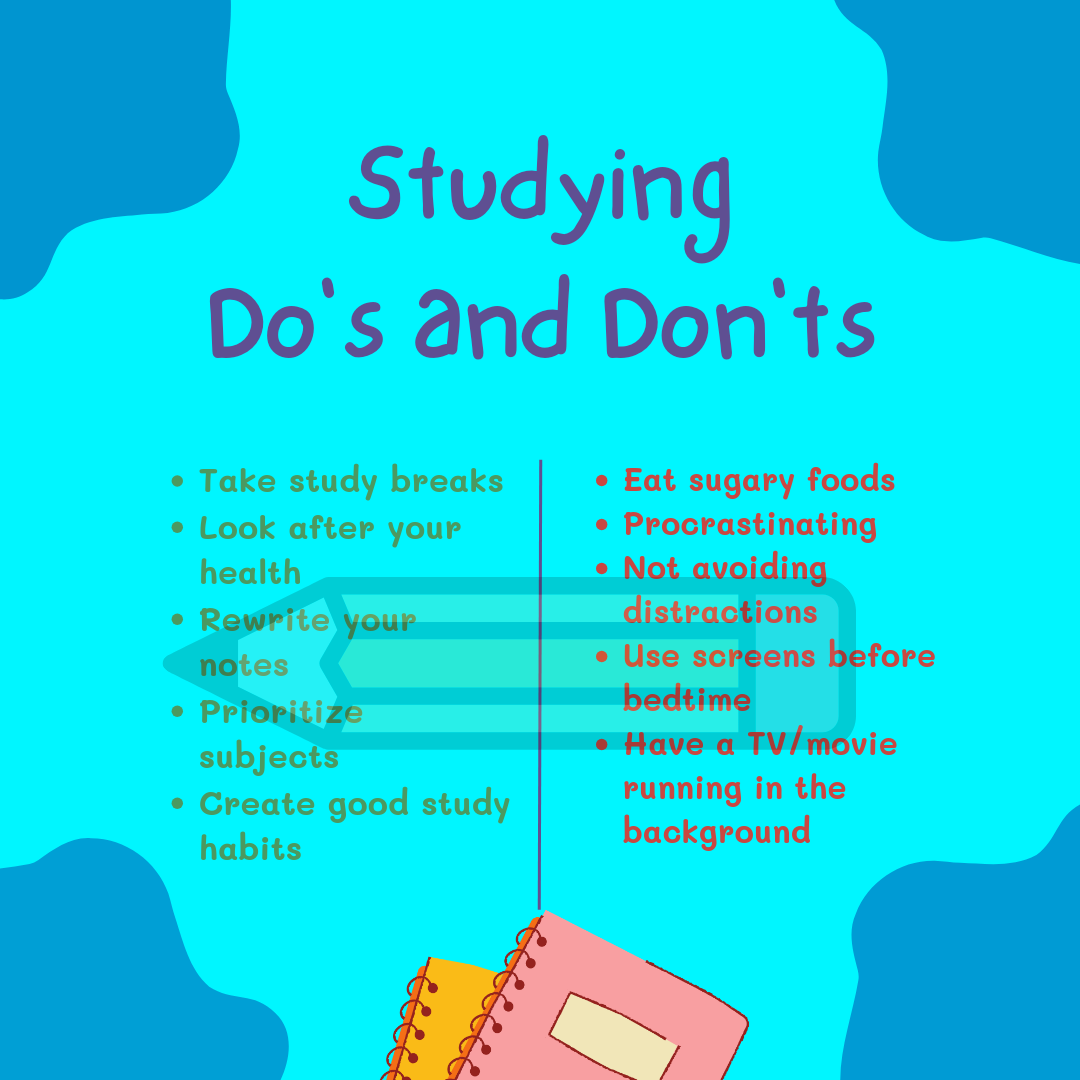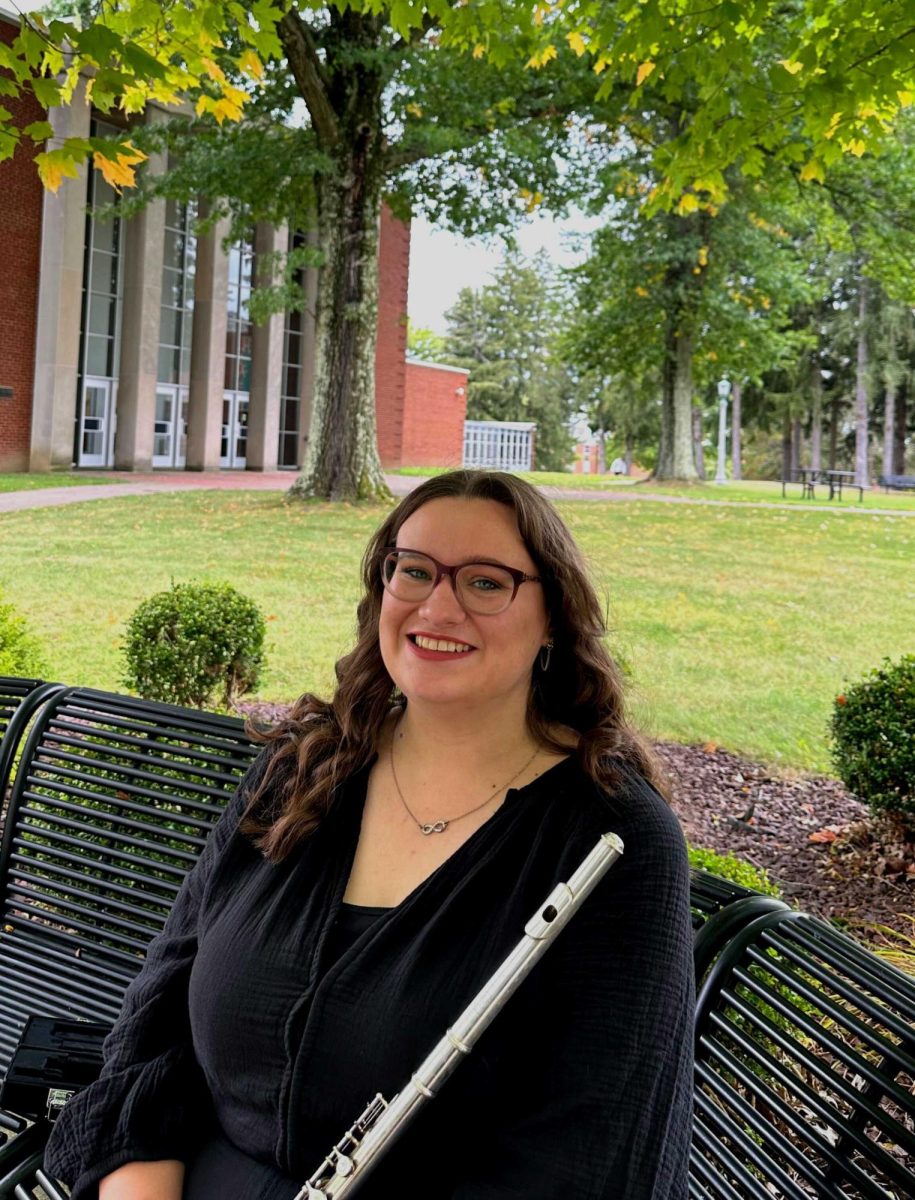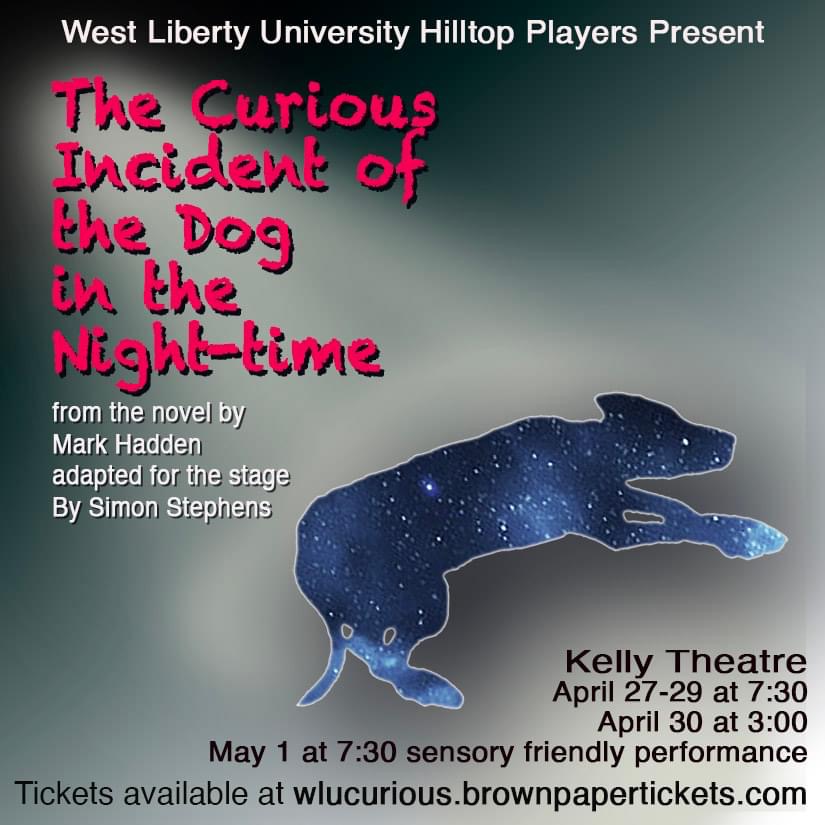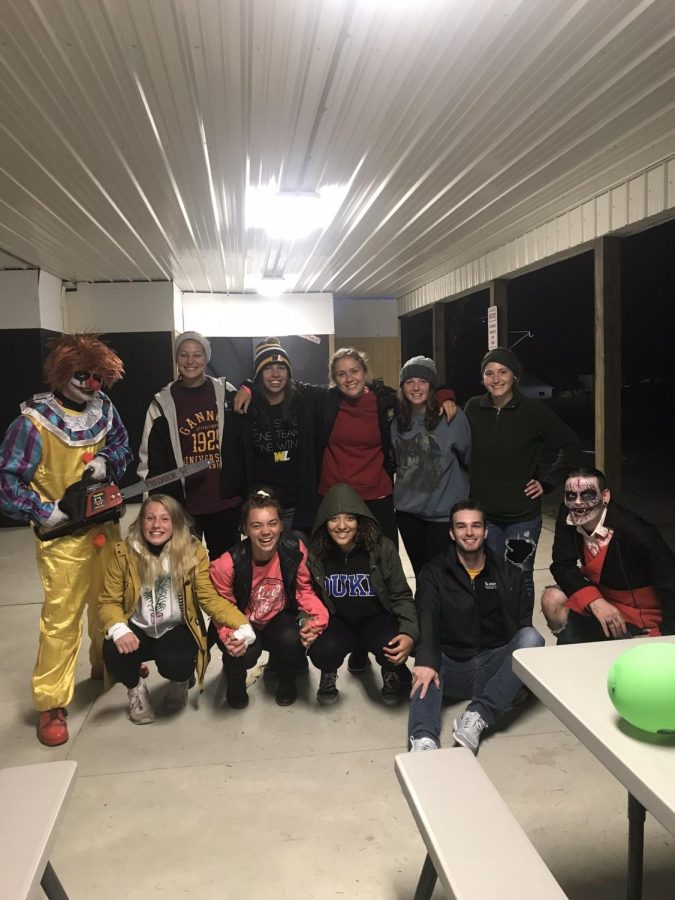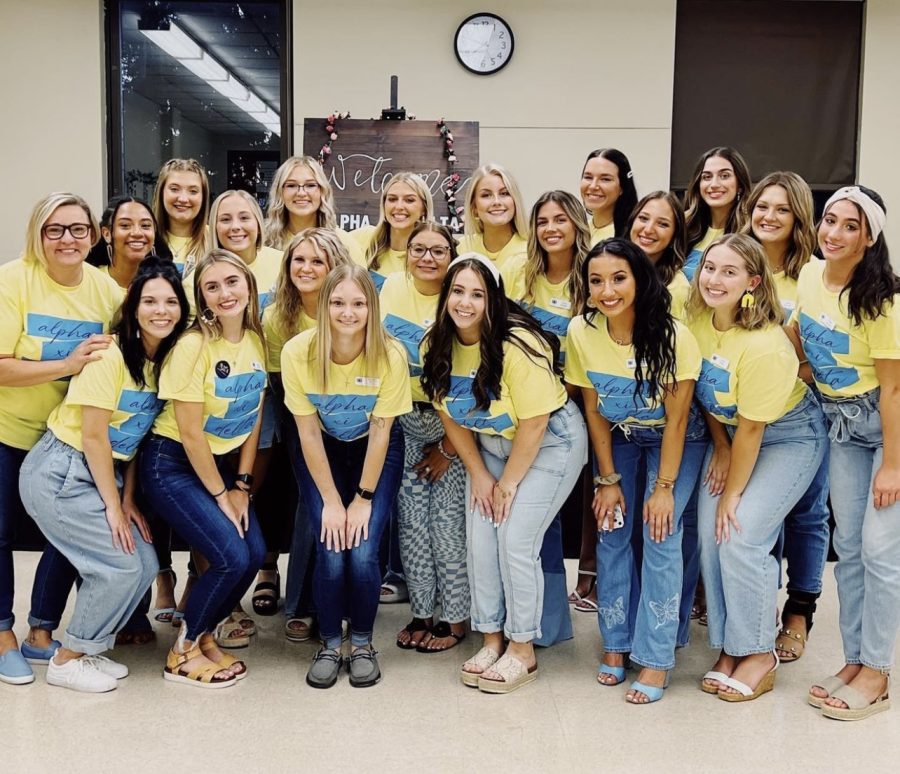By Daniel Morgan, Contributing Writer
Every time an election approaches, people discuss how important voting is. At this point in our country’s history as we’re faced with the 2018 midterm elections on Nov. 6, one would think of voting as an accepted routine that everyone over 18 follows. However, if it were, then you wouldn’t be reading this.
According to the Pew Research Center, the United States has one of the lowest voter-turnouts in the developed world. Approximately 100 million eligible Americans did not vote in the 2016 general election, and there are numerous reasons as to why voter turnout is low, like the fact that election day is not a federal holiday and that access to polls and absentee ballots can be challenging.
Legitimate reasons aside, complacency is a growing epidemic, especially among young voters. It’s no shock seeing that complacency is easy. It’s always easier to sit back and watch things unfold rather than speak up for ourselves.
But nothing good ever comes from sitting back. It takes maturity, motivation and courage to speak up for what you want and what you believe in. Many generations of people fought (and continue to fight) just to have the right to be heard, and to waste an opportunity at something that people dedicated their lives for us to practice is insulting.
“Within the last hundred years, there have been many people who couldn’t vote in our country,” said Greg Gust, President of West Liberty University’s Social Work Club. “It’s important that now that we can vote, we do vote.”
Unfortunately, voting can come at a cost, be it taking time off work or rearranging an already busy schedule to stand in line at the polls. But while voting may be a challenge for many, we as a society make time for things that are far less important.
Plus, if you don’t care enough to say what you want, your politicians won’t care about what you want. When it comes right down to it, politicians want one thing: to get elected or re-elected.
“Young people are pretty unlikely to vote, so it’s no surprise that politicians don’t act upon a lot of issues they care about,” said West Liberty political science professor Brian Fitzpatrick. “It’s no surprise that programs like Medicare aren’t going anywhere because elderly people tend to show up to vote. If young people start showing up to vote, politicians will take notice.”
Midterm elections occur between presidential elections. All 435 seats in the House of Representatives and one third of the 100 Senate seats will be elected or re-elected.
“In general, midterms are really important because members of the legislature, members of congress, they make our laws on everything from infrastructure and spending to immigration policies and everything in between,” Fitzpatrick said. “Who we elect matters because of that.”
Of course, before putting your two cents in on Nov. 6, you must first be registered to vote.
“A lot of countries automatically register voters, so when you turn 18, you’re automatically registered to vote,” Fitzpatrick said. “The U.S. doesn’t do that, so it can make it a challenge for a lot of people to register to vote.”
West Liberty’s Social Work Club decided to hold a two-day voter registration and absentee ballot event on Sept. 24 and 25 to recognize National Voter Registration Day by helping individuals who otherwise may not have been able to vote.
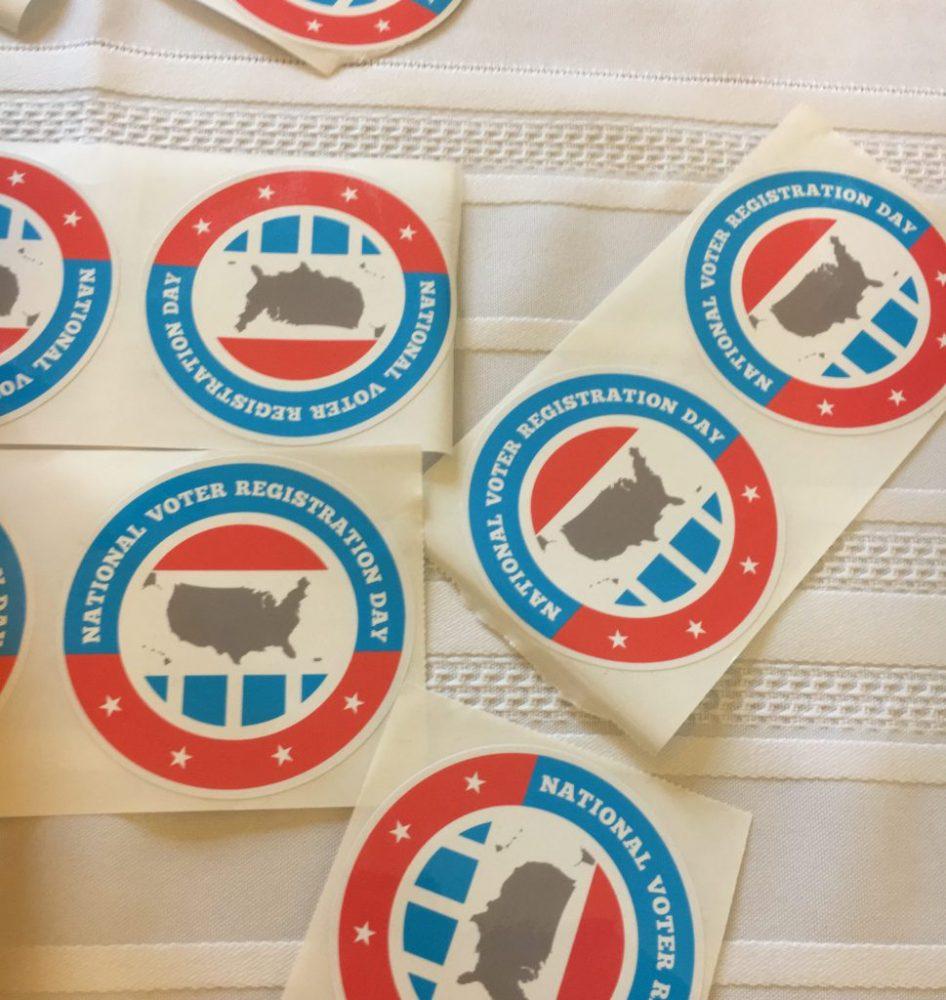
“We realize that we have a lot of students that aren’t from this area, so we wanted to open this event up to help those who cannot get home on election day,” Gust said. “We go through vote.org, and it takes about two minutes to register to vote. You do need your license to provide your identification number, but other than that you just fill out the information and you’re registered to vote.”
Every vote matters, and none go to waste. However, going in blind and voting without concerted effort and consideration is not going to benefit anyone. Sometimes it is hard to figure out who you want to vote for, but the first step needs to happen within yourself.
In the past, I’ve gone to my polling station, looked at the candidates, and made my selections solely based on named recognition. It’s embarrassing, and I regret it, but I’m certain that it happens far more frequently than it should. So, figure out what issues you care about, and after some self-evaluation, do some research.
“Find a source that can provide you information on who the people you’re voting for and what they stand for,” Gust said. You can visit candidates’ websites, but be sure to do some additional digging.
Fitzpatrick suggests sources such as PBS, NPR, and even the BBC (British Broadcasting Corporation) as it provides a good outside perspective. Make sure you keep yourself updated on the news not only before elections but regularly as issues change.
Voting is personal, and choosing whether or not to vote is a personal choice. But voting also gives you the power to assert your opinions and stand by your values.
“Our voice is important, and every vote counts,” Gust said. “You can’t say your vote doesn’t matter because it absolutely does.”
“It impacts every single aspect of your life,” Fitzpatrick said. “Pretty much everything from the food you eat to the roads you drive on to even the clothes you wear, they are in some way affected by what the government does.”
The deadline to register to vote in West Virginia is Oct. 16; Ohio’s and Pennsylvania’s deadline is Oct. 9.
You can visit vote.org, your DMV or its website, or approach Gust or other members of the Social Work Club for more information about voter registration.
Photo provided by Greg Gust


